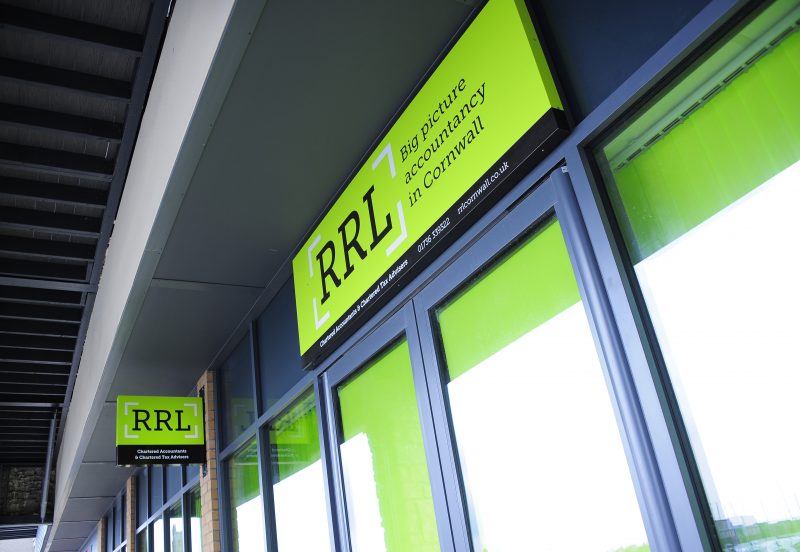

The future of finance
RRL Tax Partner, Steve Maggs gives us an overview of the Autumn Statement.
Given where the country is economically and politically, it was always going to be a difficult Autumn Statement for Jeremy Hunt. There is little headroom to do anything given the poor state of the public finances and growth outlooks make for pretty grim reading. However, in what many in his party feel is a high-tax environment (and it is high when looked at in the round for the UK historically – albeit maybe not high when compared to other jurisdictions) this is increasing due to the impact of higher inflation rates than previously anticipated. We are also still experiencing a headwind of poor public service standards with some saying the plans for spending are not reliable and further spending will be required.
The proximity to the next general election was the large elephant in the room meaning that it felt like the commencement of the election process. It was an Autumn Statement trying to appeal to specific pockets of the electorate and give a little away now whilst there was a small opportunity to do so. This opportunity may not be there in the Spring Statement which on its own, has prompted some rumours of a spring general election.
One of the headline tax announcements for Cornish businesses was the further extension of the business rates Retail, Hospitality and Leisure (RHL) scheme for another year, providing eligible properties with 75% relief, up to a cap of £110,000 per business. The capital allowances ‘full expensing’ for limited companies, announced in the Spring Budget as a temporary measure (from 1 April 2023 – 31 March 2026), has also been made permanent.
This was a welcome change for the more sizeable limited company’s clients that regularly spend amounts on new plant and equipment in excess of the available £1 million Annual Investment Allowance (AIA) because the qualifying spend is high or because the AIA has been reduced significantly due to the number of ‘associated companies’ a company has. This measure is obviously welcomed and required for the incentivisation for the private sector to invest and increase productivity.
The rate of class 1 NIC for employees will reduce from 12% to 10% from 6th January 2024, and the class 4 NIC rate for the self-employed will reduce from 9% to 8% from 6th April 2024. This is welcome but falls in the shadow of the frozen income tax thresholds and the impact of “fiscal drag.” The abolishment of class 2 NIC (£3.45 per week) is minor for the self-employed but welcome from a point of view of simplification for those taxpayers. Where there is a decrease, there is also an increase in the minimum wage from £10.42 to £11.44 for 21+ year olds from 6th April 2024. This will be something all businesses need to consider and budget for.
The planned merger of the current two Research & Development (R&D) tax relief schemes, broadly that for larger companies and that for smaller companies – the small and medium-sized enterprise (SME) scheme and the R&D expenditure credit (RDEC) will be merged from 1 April 2024. Overall, for many SMEs, the changes will not be favourable. This coupled with the additional administration around R&D tax relief claims and the aggressive stance taken by HMRC to all claims, means a difficult landscape for SMEs and R&D tax relief.
Current turnover restrictions on the use of the accounting cash basis will be removed so that sole-traders and partnerships of any size can use the basis, and the current position will be upended so that an election into the accrual’s basis will be required, as opposed to the current position of electing into the cash basis. This is clearly a measure with a view to the implementation of Making Tax Digital (MTD). We’d recommend speaking to your accountant here.
ISA limits will remain unchanged in 2024/25 and while some further clarifications around the implementation of MTD were announced, a glaring omission was the heavily rumoured inheritance tax scrappage or reduction in that rate. Any such changes would likely only be temporary, and the more likely event is that a new Labour government would restrict or abolish favourable reliefs, namely Business Property Relief. Anyone currently benefitting from this relief should seek experienced tax advice as to how the impact of such potential changes could be mitigated.
RRL
Peat House, Newham Road, Truro TR1 2DP
01872 276116
Twitter@RRLCornwall
LinkedIn@RRL Chartered accountants and Chartered Tax advisers
post@rrlcornwall.co.uk
www.rrlcornwall.co.uk







